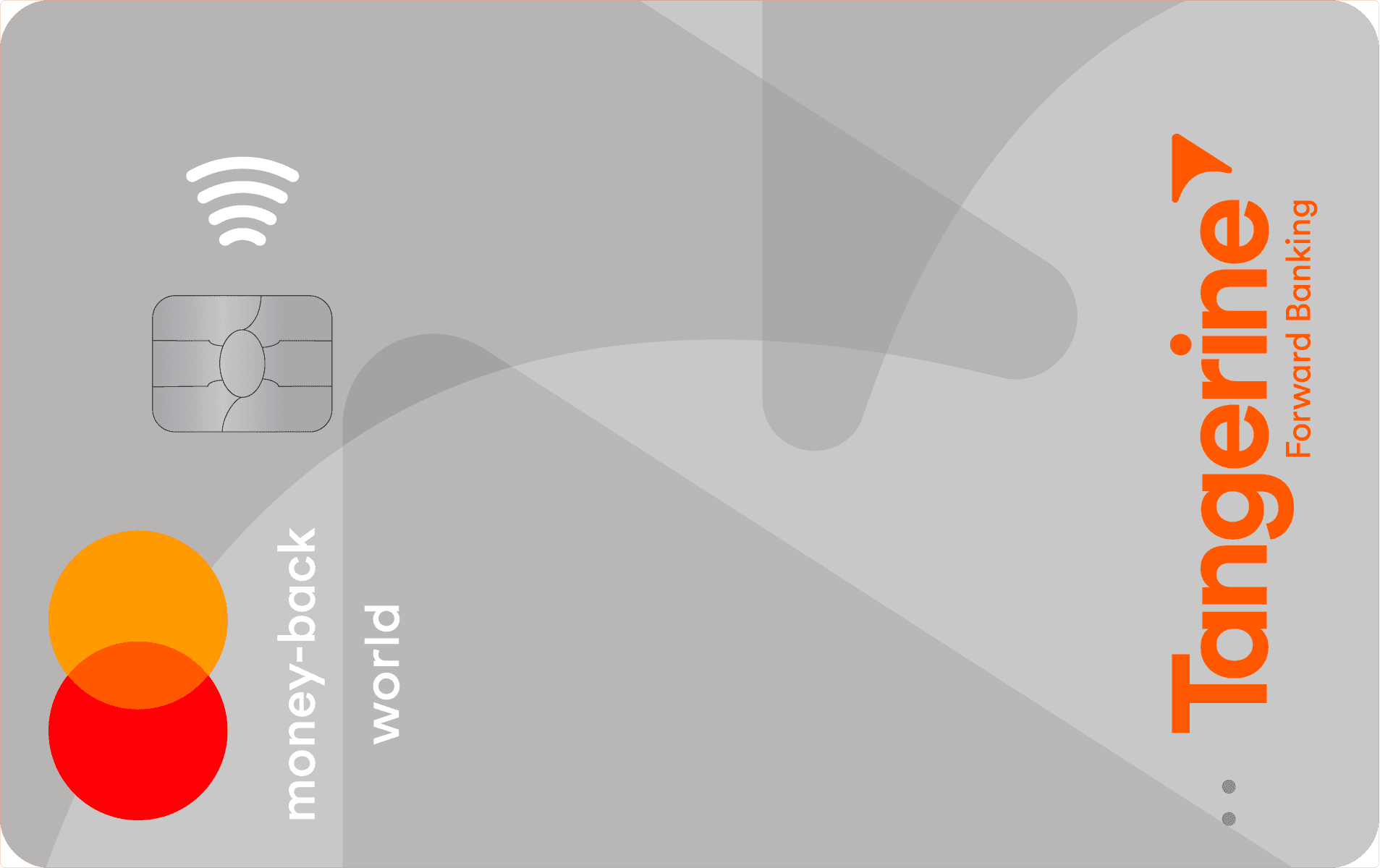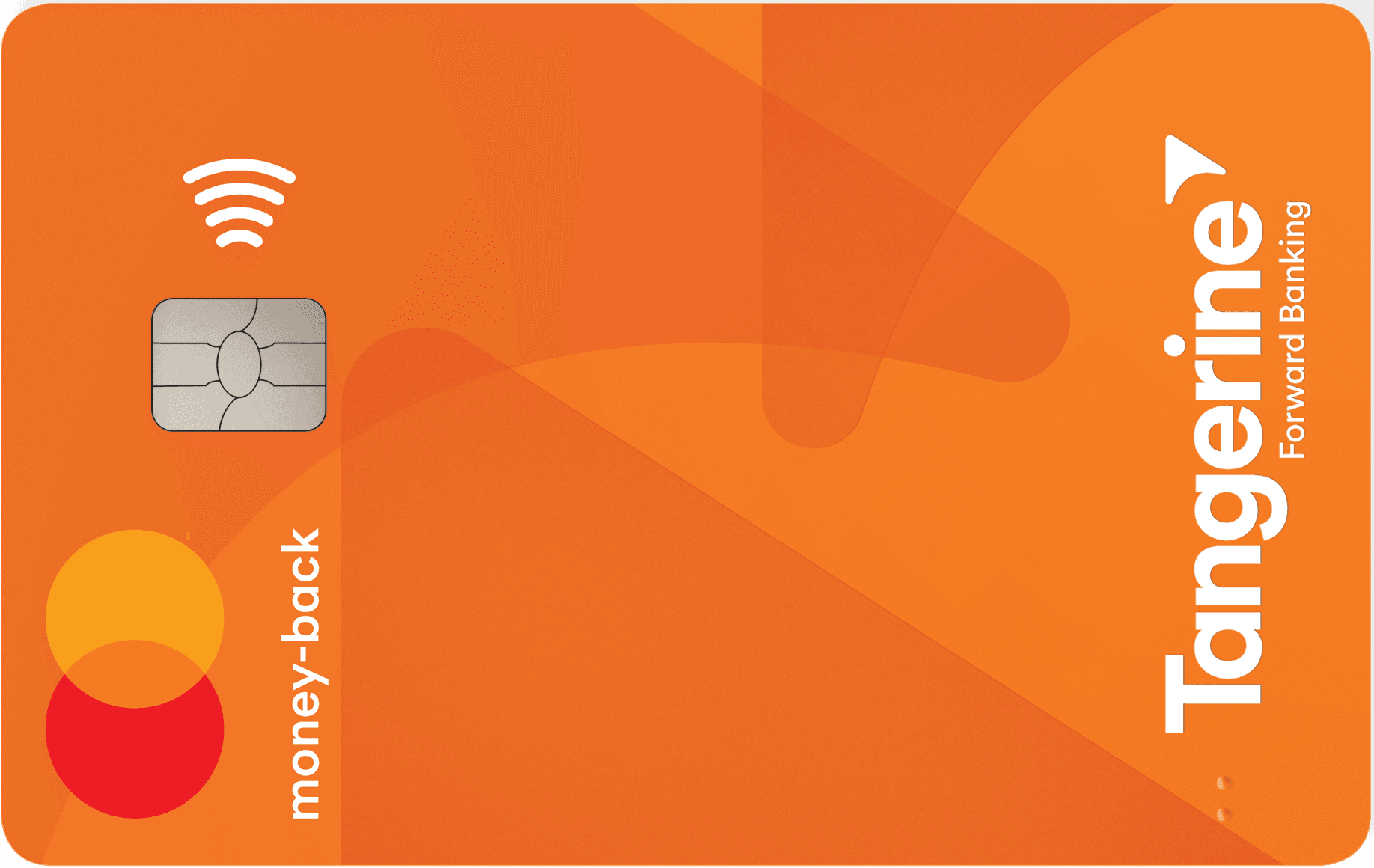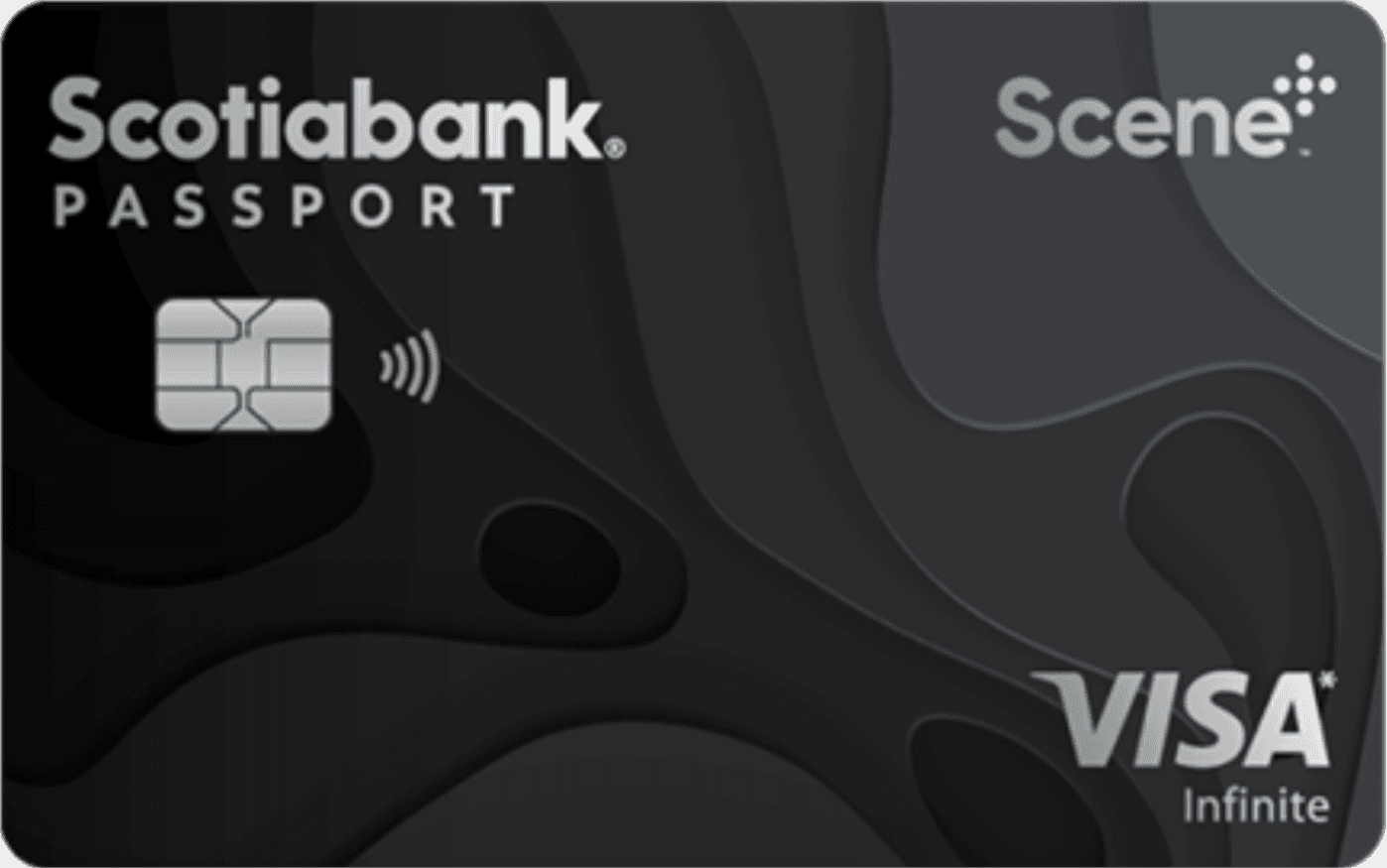Working hard in the background...
Choosing the Best Credit Card for Your Needs in Canada
Published Dec 11, 2025 2:03 PM • 8 min read
Let’s say you’re scrolling through a list of cards online, trying to figure out how to choose a credit card. One boasts travel rewards, one offers a $0 annual fee, and another earns cash back. Then there’s the low-interest contenders. With so many different reward programs, fee structures, and sign-up bonuses, it’s easy to feel overwhelmed when you compare credit cards in Canada.
Unfortunately, when it comes to credit cards, the “one-size-fits-all” approach doesn’t apply. Choosing the wrong card can cost you. But selecting the right card can boost your credit score, offer rewards on daily spending, and even provide travel perks or insurance coverage.
This guide will break down the key factors to consider so you can confidently choose the right credit card for you.
Why do you want a new credit card?
As you begin to evaluate the best credit card for your spending habits, start by asking yourself, “Why do I need a credit card?”
· Are you trying to build (or rebuild) your credit score?
· Do you want to avoid paying high interest rates?
· Can you cover your balance in full?
· Are you chasing travel rewards? Or, perhaps, cash back?
Define your priority first as it’ll help anchor your credit card search. For example, if you are managing a balance on your card, a low-interest credit card is a better choice than a higher-fee, rewards card.
Understanding the different types of Canadian credit cards
As you browse the credit card options available through your local bank, you are likely to come across several options.
· Cash back credit cards are best for everyday spending and offer a simple reward structure.
· Travel rewards credit cards are ideal for frequent flyers and point-hackers.
· Low-interest credit cards help those who carry a balance on their card. Balance transfer credit cards can also help reduce high-interest debt, allowing you to pay off your balance faster.
· Secured credit cards offer Canadian newcomers and students the chance to build a credit history when they cannot qualify for a newcomer or student credit card.
Canadian credit card types
Here’s a quick comparison of the main types of credit cards in Canada:
Credit card type | Best for? |
|---|---|
Cash back cards | Everyday spenders and anyone looking for easy-to-use rewards |
Travel rewards cards | Frequent travelers and points collectors |
Low-interest cards | People who carry a balance on their credit card |
Balance transfer cards | Paying off other credit card debt |
Secured credit cards | Building and/or repairing credit history |
The ideal user profile will vary based on the card type. For example, most travel cards cater to those willing and able to pay the full fee. Meanwhile, low-interest credit cards in Canada currently offer an annual percentage rate (APR) of around 10-18% which is helpful in minimizing interest charges on an unpaid balance.
Comparing fees and interest rates
Once you’ve narrowed down a desirable credit card category, you can examine your options. As you browse credit cards consider the following:
· Annual fees. A no-fee card might sound great, but premium perks could justify and offset the fee. Always consider the benefits versus their cost.
· APR. The interest rate on a card is a critical consideration if you don’t always pay off your balance in full.
· Introductory offers. Welcome bonuses can be lucrative, but ensure that meeting the minimum spend doesn’t create financial strain.
· Foreign transaction fees. Typically, these fees are around 2.5%, so the cost can add up if you shop or travel internationally. If you frequently spend in other currencies, you can consider a card that waives this fee.
· Penalty rates. Note additional charges (such as late or over-limit fees) that could accumulate quickly.
Match your card rewards to your lifestyle
Credit card rewards may seem promising, but they are really only valuable when they align with your lifestyle. Ask yourself: Can I actually use the rewards my card offers?
Card types to consider:
· Flat-rate cash back cards are easy and consistent for reward redemption.
· Category reward cards give you bonus points in specific areas (groceries, gas, travel, etc.) If you spend in these categories, you might get purchase protection or extended warranties as well. This is especially valuable for large purchases.
· Rotating category bonuses provide high net rewards. Note that these rewards may require quarterly activation. If you are diligent about checking in, though, the card could provide unmatched value.
· Travel rewards require strategies like booking through the issuer’s portal to maximize rewards. But the hassle of doing so is worth it if you can take advantage of the card’s points, travel insurance, and airport lounge access.
Ask yourself: Will I realistically use this perk? If not, the reward (and possibly the card) could be a suboptimal choice. If you are not sure, it is always best to calculate your potential returns before applying for a new credit card. For example, a 2% cash back rate on $1,500 monthly spending nets $360 per year. But what if you commute to work every day, and that same card offers a 5% bonus in cash back on gas station purchases? In this case, the card is more valuable and could be worth pocketing.
Tip: Do the math! Calculate whether a card’s rewards are worth the annual fee. If you are paying for perks that you will never actually use, it’s time to switch to a different card where you can get better value.
Read the fine print
You might think you found the best credit card in Canada, but be careful jumping to that conclusion. The details matter! Be sure to look below the surface and read the fine print, identifying:
· Introductory APR limitations and their expiration dates.
· Reward caps on certain categories or total points.
· Redemption minimums that force you to spend more than you would otherwise.
· Inactivity fees which apply when your card is not in use consistently.
· Additional charges for opting into paper statements.
Offers that seem too good to be true often hide the details in the footnotes. A quick review of this information could save you hundreds of dollars down the road.
Limit card applications
As you search for your new credit card, make one inquiry at a time. Applying for multiple cards within a short period of time can actually hurt your credit score. Each application generates a “hard inquiry,” lowering your score slightly. Avoid this by checking pre-approval tools and starting with cards offered by your current bank, as they may let you switch products without needing a new application.
Re-evaluate your card
Your circumstances will evolve, and so should your credit card. Consider swapping out your current card if you are:
· Moving jobs or gaining income. In this case, you might qualify for a premium rewards card.
· Spending less on travel. Downgrading can help you to avoid sizable annual fees.
· Carrying a balance. Shift to a low-interest or balance-transfer card during debt repayment.
Be sure to evaluate your card needs regularly and re-adjust when your circumstances change. You do not necessarily need to cancel your card, but you can downgrade to a lower-fee or no-fee card if it suits you best. This can maintain your credit score and help you stay on track with your financial goals.
Tip: Review your credit card strategy on an annual basis.
Takeaway
Finding the best credit card for your needs requires two things: clarity on your financial goals and a thorough comparison of fees and benefits. Be sure to ask questions and read the fine print before signing on and review your strategy annually.
A well-matched card can build your credit, reward your spending, and protect you from travel or purchase mishaps. Best of all? When you choose the right card, every swipe works for you, putting you in a better financial position.
To start your search today, check out FinlyWealth’s Credit Card Finder Tool.
Frequently asked questions (FAQ)
How can I decide which credit card fits my lifestyle?
The best way to find a card that suits your spending is to track your last 3 to 6 months of charges. Categorize your purchases and match that pattern to cards that will provide the best rewards for your habits.
Are no-fee credit cards always the best choice?
Not always. Evaluate whether the perks on a paid card outweigh the fee. Otherwise, a no-fee card may suffice. For example, a $120 fee on a travel card is worth it if you frequently use lounge access or travel insurance. If you fly every few years and stick close to home, the fee won’t be worth it.
How does a credit card application affect my credit score?
Each application has an impact on your score. This means it’s best to avoid multiple inquiries in a short time. Consider taking advantage of pre-approval offers instead, or, at the very least, apply for only one credit card at a time.
Should I switch credit cards each year?
Re-evaluate your current card(s) annually. That said, switching cards every year is not always the ideal choice. Opting for a new card should be strategic. And it is best to avoid churning cards just for the bonus. Instead, focus on making adjustments when your needs change or a better option becomes available.
Trending Offers

Tangerine® Money-Back World Mastercard®*

Tangerine Money-Back Mastercard

BMO Performance Chequing Account

Scotiabank Passport® Visa Infinite* Card
About the author

Lauren Brown
Editor
Lauren is a freelance copywriter with over a decade of experience in wealth management and financial planning. She has a Bachelor of Business Administration degree in finance and is a CFA charterholde...
SEE FULL BIOAbout the editor

Sara Skodak
Lead Writer
Since graduating from the University of Western Ontario, Sara has built a diverse writing portfolio, covering topics in the travel, business, and wellness sectors. As a self-started freelance content ...
SEE FULL BIO